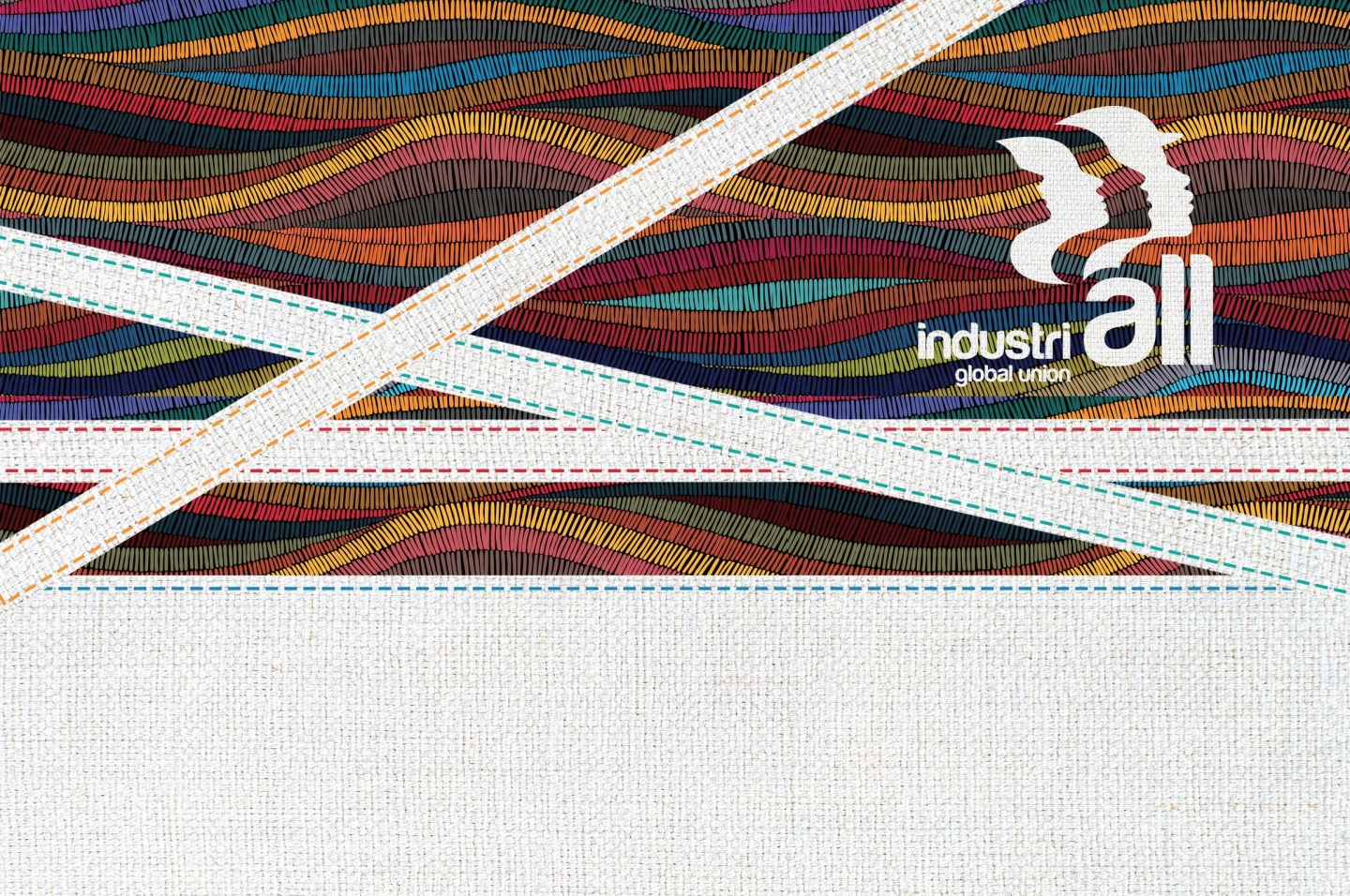Workers bore the brunt of the breakdown of the textile and garment supply chain, brought on by the effect of the Covid-19 pandemic on the sector’s unsustainable business model. Order cancellations drove wholesale closure of thousands of garment factories, with millions of workers laid off in countries with no social safety net. This highlighted the precariousness of the sector’s business model and the urgent need to establish sustainable models of supply chain industrial relations.
The International Accord further validates a new supply chain model of industrial relations, one that is centred around binding rules, holding brands accountable for their impact on workers, rather than voluntary initiatives.
A change is needed in the sector, including an urgent need for social protection for garment workers. The current model, where severance is the only form of social protection, led to wage theft during the pandemic.
By social protection, we mean protective measures that are part of a worker’s basic rights and that underpin a robust and more equitable workplace.
Among others, those measures include:
- unemployment insurance
- sick pay
- social security
- severance pay
In 2022, Bangladesh’ ministry of labour and employment launched a pilot for an employment injury scheme in collaboration with the International Labour Organization, covering the country’s four million ready-made garment workers. It is a social protection scheme including compensation for medical treatment and rehabilitation services, as well as income loss caused by occupational injuries and disease.
Global company - trade union agreements
This technical brief, aimed at investors, takes readers through global company-trade union agreements (GC-TUAs), negotiated agreements between international companies and trade unions that seek to address systemic human rights issues in global supply chains.
The brief outlines how these agreements can mitigate risks for investors in relation to emerging legislation, including laws regulating supply chain due diligence, and in particular in relation to human rights performance of garment portfolios.
A potential proxy for regulatory compliance
and OECD alignment for investors
In April, IndustriALL and LAPFF co-hosted an investor webinar to launch the brief; you can view the recording below.
Talking Threads podcast
Episode 1 - the women behind the label. Listen to women garment workers talk about the issues they face on the factory floor, and hear about how IndustriALL’s campaign aims to achieve better social protections for workers in the industry.
Handbook on strategic corporate research and campaigning | |||
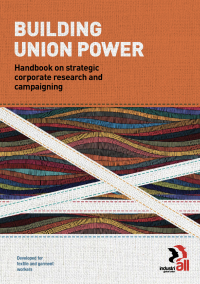 |  |  |  |
| ENGLISH | ESPAÑOL | PORTUGUÊS | ARABIC |
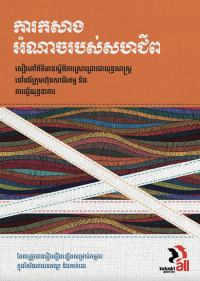 | 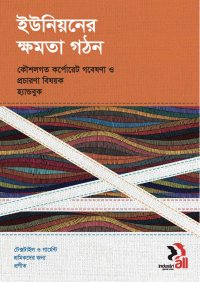 | 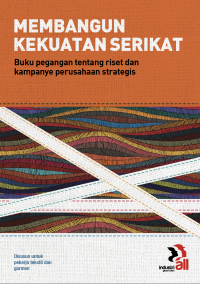 | 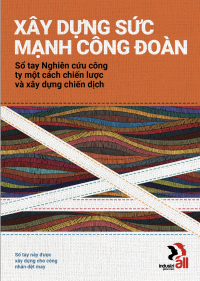 |
| KHMER | BANGLA | BAHASA | VIETNAMESE |
Contact person:
Christina Hajagos-Clausen, director, textile and garment industry
tel. +41 22 308 5070, chajagos
